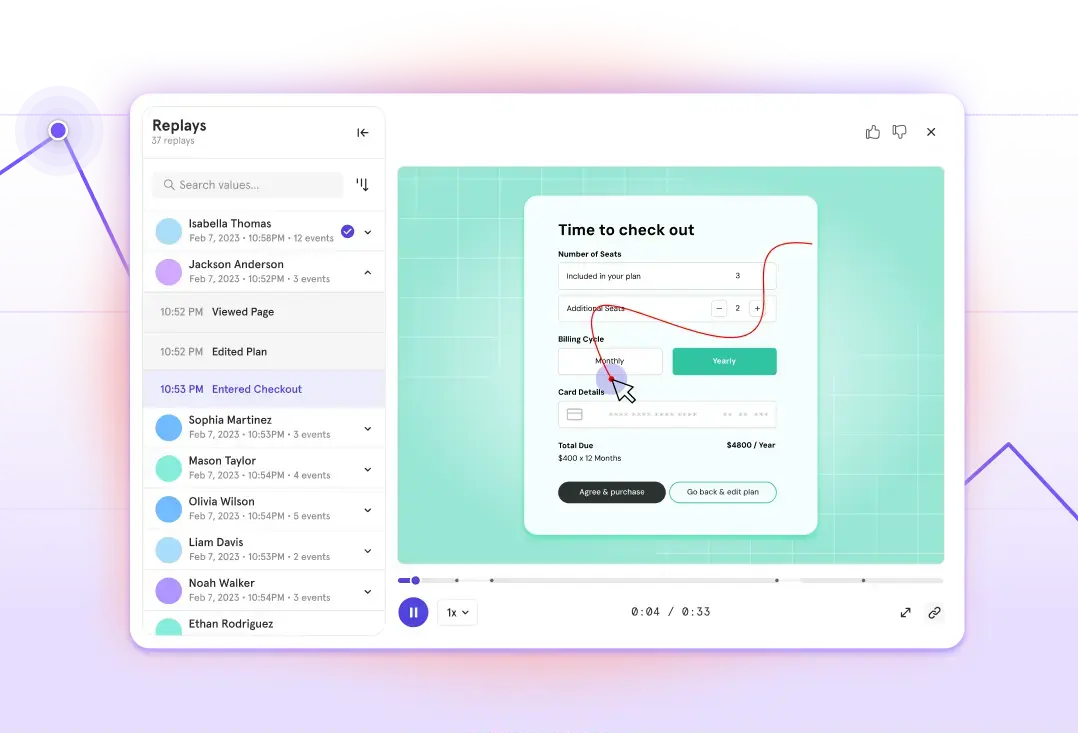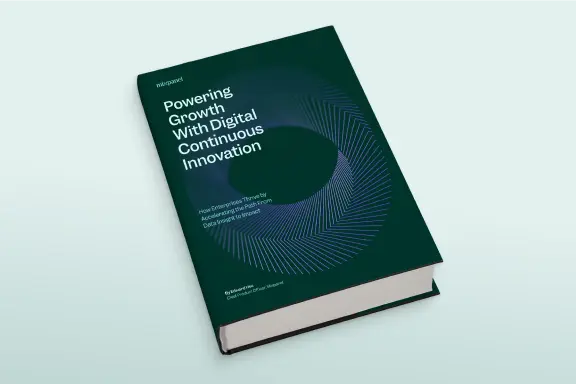The restaurant reservation company used Mixpanel to track its customer experience to improve onboarding and lower its reservation no-show rate
Company
Founded in 2014, Resy is a hospitality-focused reservations platform matching the world’s best restaurants with the best guests. More than 2.6 million people use Resy to make dinner, lunch, and brunch reservations at over 4,000 restaurants globally.
Goals
The restaurant reservation company’s goals were two-fold. First, it wanted to figure out how to reduce the number of customer drop-offs happening during the onboarding flow. Second, Resy wanted to increase revenue for its partners by making sure its guests had the lowest possible no-show rate.
Solution
Tracking user behaviors
Using Mixpanel, Resy’s product managers closely analyzed the full onboarding funnel. They noticed that the start of the users’ journey was fairly simple: set up an account, create a password, reserve a table. Easy. The team first noticed a problem when guests were asked to log back in. “It was like a password rabbit hole,” said Tomer Molovinsky, Senior Product Manager at Resy. “All of a sudden, conversions just fell off a cliff.”
Discovering the problem
Before coming to Resy, Tomer had used Mixpanel at previous jobs, and the software always came through when he needed insights and A/B testing. Resy’s product team had to find out what was happening in their onboarding funnel and why people were leaving the site or app before finalizing their restaurant reservation.
Mixpanel analysis showed that users weren’t going to their email to get their password, says Tomer. “Now that we knew where in the funnel potential customers were dropping off, we needed to conduct some tests.” It wasn’t acceptable that a percentage of people would get this far only to abandon onboarding. “They were already on Resy.com or using the Resy app and we wanted to make sure we could complete their reservation,” said Tomer.
Planning a new path
The analysis didn’t reveal why users wouldn’t check their email, but helped Resy understand ways to fix the problem. So the product team designed a new recommended path in the funnel. Users were prompted to provide a phone number and would immediately receive a text notification with log-in credentials.
“The results of our testing were amazing,” says Tomer. When reservations on the website increased 20 percent month-over-month, it far exceeded the general trendlines. Resy’s restaurant partners fared even better—the completed reservations amounted to tens of millions of dollars of additional revenue.
Taking it a step further
“One of our core metrics as a company is to have the lowest possible no-show rate,” says Tomer. It doesn’t take a lot of dinner reservation cancellations to wipe out a restaurant’s small profit margin. So Resy started sending text messages asking users to confirm or cancel their bookings.
“Mixpanel allowed us to confirm phone numbers in a way that would be more impactful for our restaurant partners.” The outcome was even better than the Resy team expected. It got the reservations no-show rate to dip 10 percent. That may not sound like much, but it moves the company that much closer to their goal of achieving the fewest number of no-shows as possible.
As a consumer product manager who’s focused on growth, I find that Mixpanel’s funnel analysis tools are second to none. That’s been my experience throughout my career. No other tools that I’ve used have come close to the way Mixpanel helps our teams communicate and parse data.Tomer Molovinksy Senior Product Manager, Resy
Results
With the help of Mixpanel, Resy was able to increase website bookings 20% month-over-month, and decrease no-show rates by 10%. With so much success, the Resy team plans to use Mixpanel as it launches, analyzes, and perfects new programs and initiatives. “There are so many opportunities for us out there,” says Tomer. “I’m very focused on our growth. Not in the sense of ‘success or failure,’ but rather, ‘improvement and impact.’”

